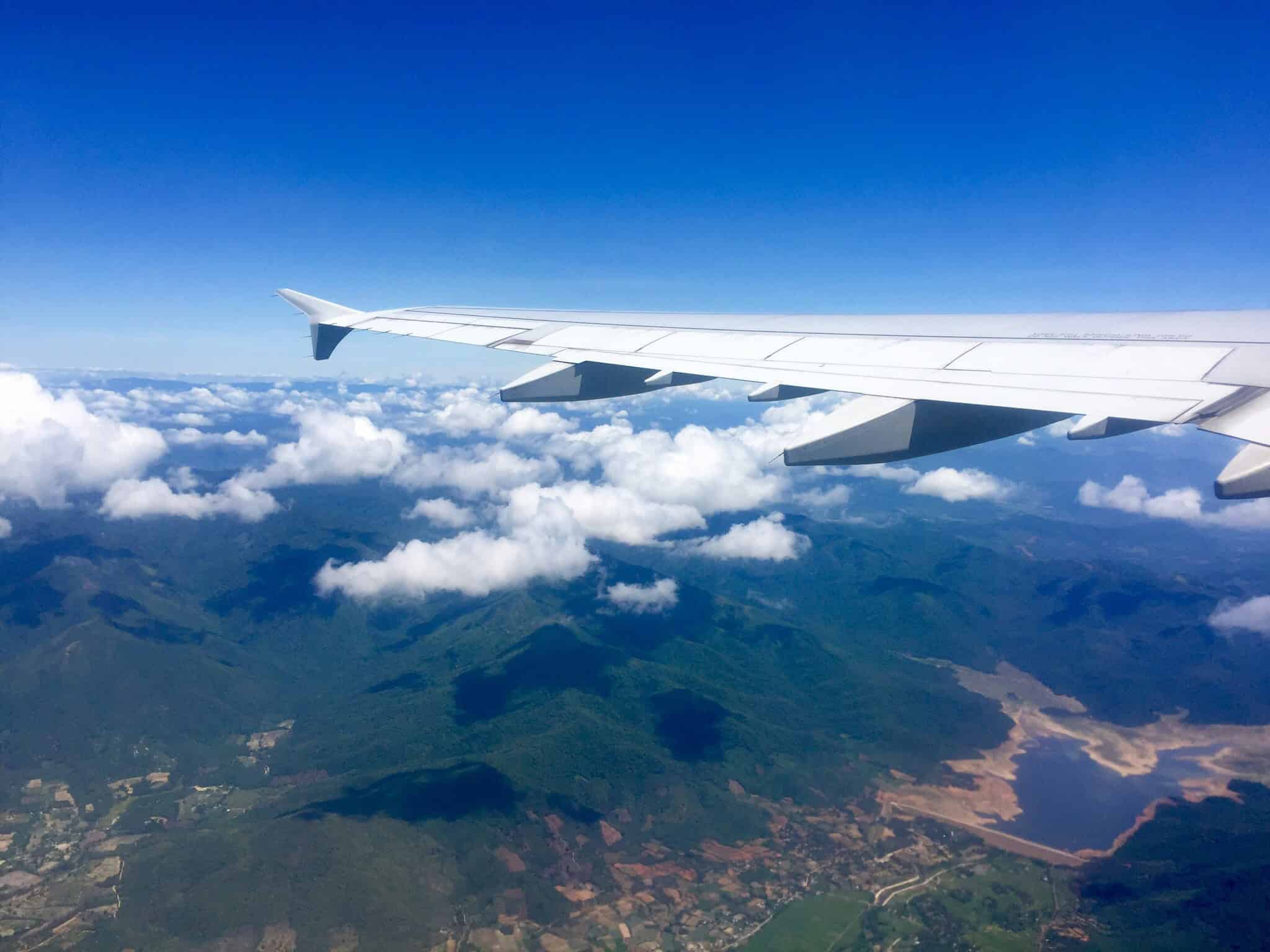Travel
Muslims in New England brace for the possibility of another travel ban under Trump – The Boston Globe

The restriction was removed by President Biden as soon as he was inaugurated on Jan. 20, 2021. But with Trump returning to the White House in 2025, many Muslims in New England are bracing themselves for the possible reinstatement of the ban, as well as other actions against immigrants in the United States. Lawyers, mosques, and immigration organizations are preparing for the impact the policy change could have. And some universities are moving to mitigate against any potential harm to their non-American students and faculty that may emerge from the Trump administration’s proposals.
There are an estimated 4.5 million Muslims in the United States, according to the Association of Statisticians of American Religious Bodies, and more than 200,000 of them live in New England, the bulk of whom are in Massachusetts.
Khanbabai told the Globe she started planning for a potential Trump presidency and the possible return of a travel ban six months ago. She said, for example, she started advising clients from countries such as Iran — which was part of the 2017 order — to transfer their applications to embassies in places like London, where there are shorter wait times for visa processing. The United States does not have an embassy in Tehran and already Iranians apply for visas to the United States in Turkey or the UAE.
She said she focused on people from countries she believed are at most risk should a travel ban come again — Muslim or African nations —along with Palestinians and Lebanese and Chinese nationals. She also advised clients to return to the United States before Jan. 20, when Trump will be sworn into office. Whenever possible, she tried to speed up cases or upgrade applications to premium processing for those who could afford it.
American residents with green cards who are eligible to apply for citizenship now want to get that process started right away, Khanbabai said. Those with work permits are looking to extend their visas, worried about their ability to stay in the country. Immigrants from countries in Africa or the Middle East who have applied for green cards are “desperate” to get their applications approved before Trump takes office next year, she said.
“Everybody is just trying to expedite their case or file their case and get it adjudicated by January,” Khanbabai said.
The 2017 ban targeted citizens from five countries with majority-Muslim populations: Iran, Libya, Somalia, Syria, and Yemen. North Korea and Venezuela were soon added to the list. Some immigration experts fear a new ban may include more countries and could impact US citizens and permanent residents in unexpected ways.
“There is a lot of fear. So, even people who aren’t from countries that were on the last version of the ban, they could be at risk this time,” said Stephanie Marzouk, a lawyer based in Cambridge who also has Muslim clients in Maine and New Hampshire. “Your average American thinks of our immigration process, I think, they don’t necessarily think of the impact on US citizens, but it is a US citizen who may be separated from their spouse or their parent or their child, in some cases, and they’re trying to bring them here to the US.”
Some residents of banned countries applied for waivers to try to get their visas processed, and Marzouk said lawyers are getting ready to use them again.
“We’re going to be ready to fight,” she said. “We’re going to be ready to follow whatever procedures they give us for still getting these people here.”
Muslim and immigrant-focused organizations are working to provide education and resources.
Imam Abdul-Latif Sackor at the Islamic Center of Rhode Island said his mosque in Providence, a diverse community with members from Egypt, South Asia, West and East Africa, and Syria, along with Black and white Americans, told the Globe the center plans to run workshops in collaboration with immigration organizations to educate the Muslim community about policy changes that could affect their travel in and out of the United States.
“We have workshops on driving while Black, what to do when the police stop you because of racial profiling,” Sackor said. “To videotape everything, any interaction. … Maybe we’ll have to do that while traveling, so you have some concrete proof [of] what’s going on.”
The Council on American-Islamic Relations has cautioned against overreacting to the rhetoric coming from Trump and his allies. Still, according to Tahirah Amatul-Wadud, executive director of the Massachusetts chapter, the organization has added to its legal team and is engaging with the legal community in New England to prepare for policies from the incoming administration that could affect Muslims.
“We’re improving our relationships with the immigration network of attorneys and other experts [and] we’re educating the Muslim community on their rights, what that looks like, and to come see us if they’re having difficulty or trouble,” Amatul-Wadud said.
At the Refugee Dream Center in Providence, workers are fielding questions and working to expedite the visa application process for people who are trying to reunite with their families before Trump is sworn in.
“[It is] practically impossible for somebody to be processed within that short time,” said Omar Bah, founder of the center. “People who do not have their citizenship are struggling also to make sure they apply, so they are not in a situation where they could be in jeopardy.”
Khanbabai, the Massachusetts immigration lawyer, said another travel ban could mean that families may be unable to see their relatives for years.
“Oftentimes, a lot of them have elderly parents and then a parent even passes away … so it’s really traumatic for people,” she said. “People are kind of just bracing themselves for the worst.”
Omar Mohammed can be reached at omar.mohammed@globe.com. Follow him on Twitter (X) @shurufu.










